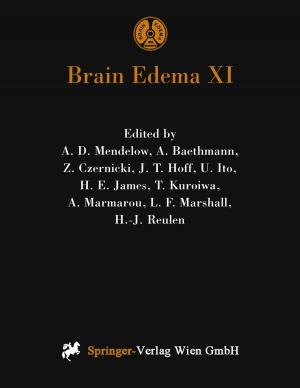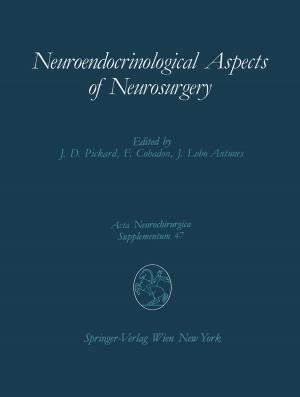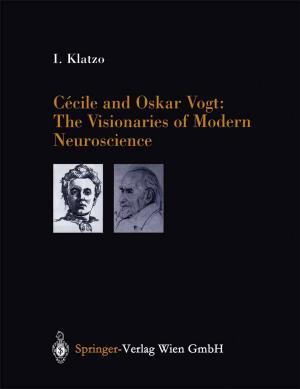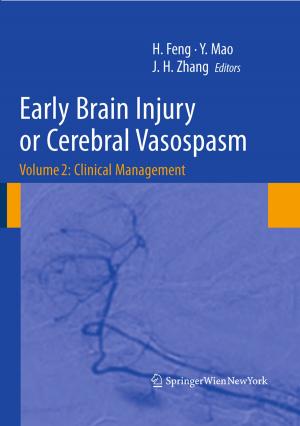Corneal Sensitivity
Measurement and Clinical Importance
Nonfiction, Health & Well Being, Medical, Specialties, Ophthalmology| Author: | Jörg Draeger, M. Ackermann, H. Buhr-Unger, K. Hanke, K. Karjalainen, C.C. Kok-van-Alphen, H. Langenbucher, M. Lüders, R. Martin, B. Riss, E. Rumberger, W. Schloot, H.J. Völker-Dieben, R. Winter | ISBN: | 9783709187456 |
| Publisher: | Springer Vienna | Publication: | December 6, 2012 |
| Imprint: | Springer | Language: | English |
| Author: | Jörg Draeger, M. Ackermann, H. Buhr-Unger, K. Hanke, K. Karjalainen, C.C. Kok-van-Alphen, H. Langenbucher, M. Lüders, R. Martin, B. Riss, E. Rumberger, W. Schloot, H.J. Völker-Dieben, R. Winter |
| ISBN: | 9783709187456 |
| Publisher: | Springer Vienna |
| Publication: | December 6, 2012 |
| Imprint: | Springer |
| Language: | English |
We in ophthalmology are fortunate to be able to measure quantitatively many aspects of ocular morphology and visual function. These measurements are either objective (e. g. electroretinography, tonometry, electromyography, visually evoked responses, etc.) or subjective and psychophysical (e. g. visual acuity, visual fields, color vision, etc.). One aspect of corneal physiology and pathology which has so far escaped careful and reliable measurements is corneal sensitivity. Previous attempts have been rather crude and can be compared to measuring intraocular pressure by digital compression. Professor Draeger has for the last decade and a half directed his attention to the question of esthesiometry of the cornea. He has a gift for constructing and devising new ingenious ocular instruments. His handheld tonometer is a splendid example. He has now applied the principle of this instrument to the new electronic optical esthesiometer. In many publications he has reported on his first results using this modern technique to study corneal physiology and evaluate certain pathologic conditions. In this monograph Professor Draeger has collected all of his material and reports on his long experience. The usefulness of this instrument is just beginning to be appreciated. It is obvious that this new measuring device will help us in the fitting of contact lenses, evaluating herpes simplex infections of the cornea, follow the postoperative course of patients with a penetrating keratoplasty, etc.
We in ophthalmology are fortunate to be able to measure quantitatively many aspects of ocular morphology and visual function. These measurements are either objective (e. g. electroretinography, tonometry, electromyography, visually evoked responses, etc.) or subjective and psychophysical (e. g. visual acuity, visual fields, color vision, etc.). One aspect of corneal physiology and pathology which has so far escaped careful and reliable measurements is corneal sensitivity. Previous attempts have been rather crude and can be compared to measuring intraocular pressure by digital compression. Professor Draeger has for the last decade and a half directed his attention to the question of esthesiometry of the cornea. He has a gift for constructing and devising new ingenious ocular instruments. His handheld tonometer is a splendid example. He has now applied the principle of this instrument to the new electronic optical esthesiometer. In many publications he has reported on his first results using this modern technique to study corneal physiology and evaluate certain pathologic conditions. In this monograph Professor Draeger has collected all of his material and reports on his long experience. The usefulness of this instrument is just beginning to be appreciated. It is obvious that this new measuring device will help us in the fitting of contact lenses, evaluating herpes simplex infections of the cornea, follow the postoperative course of patients with a penetrating keratoplasty, etc.















